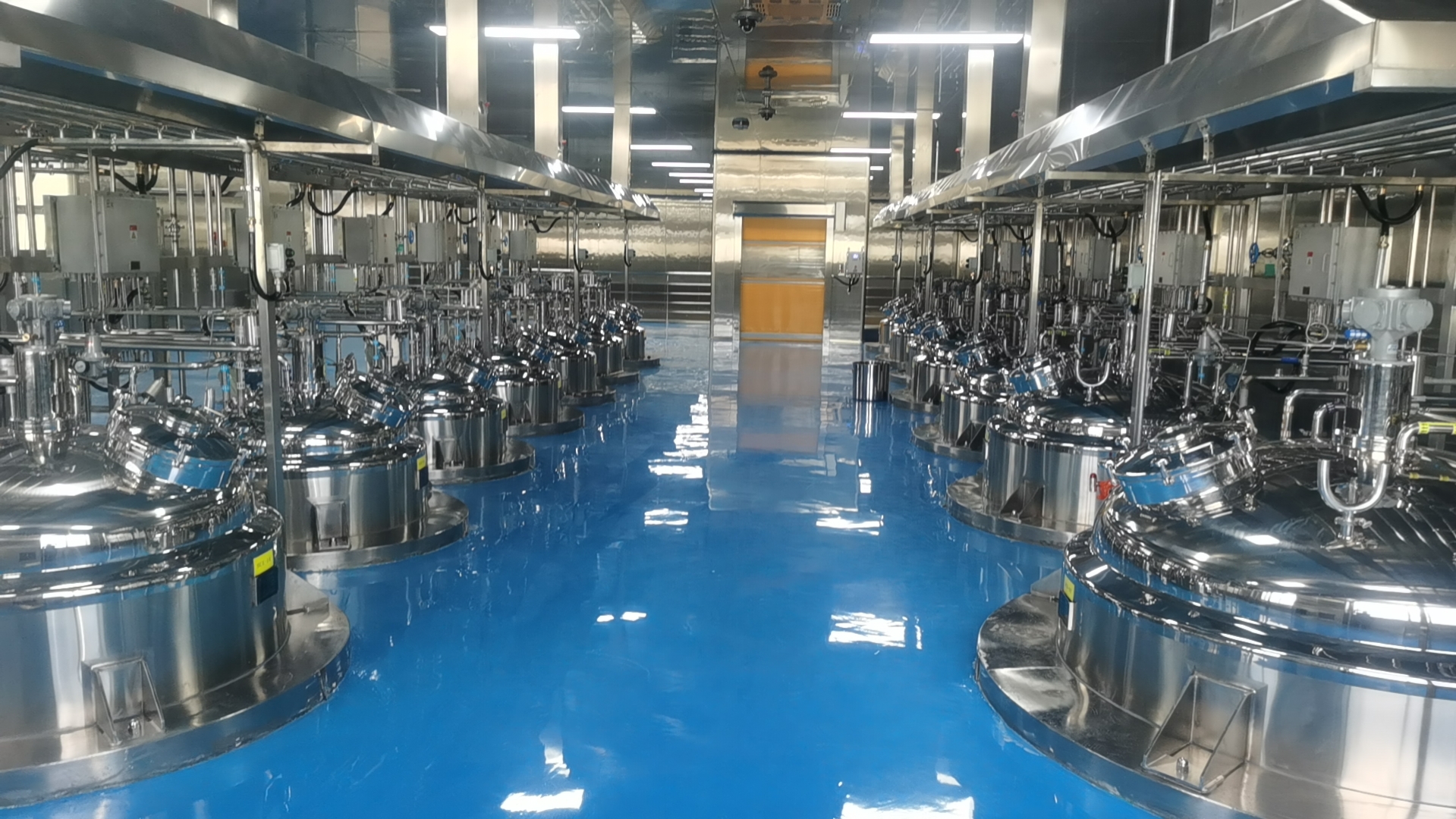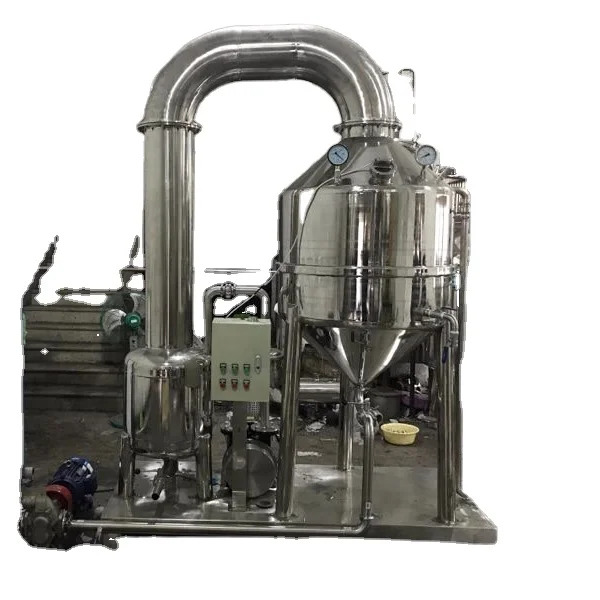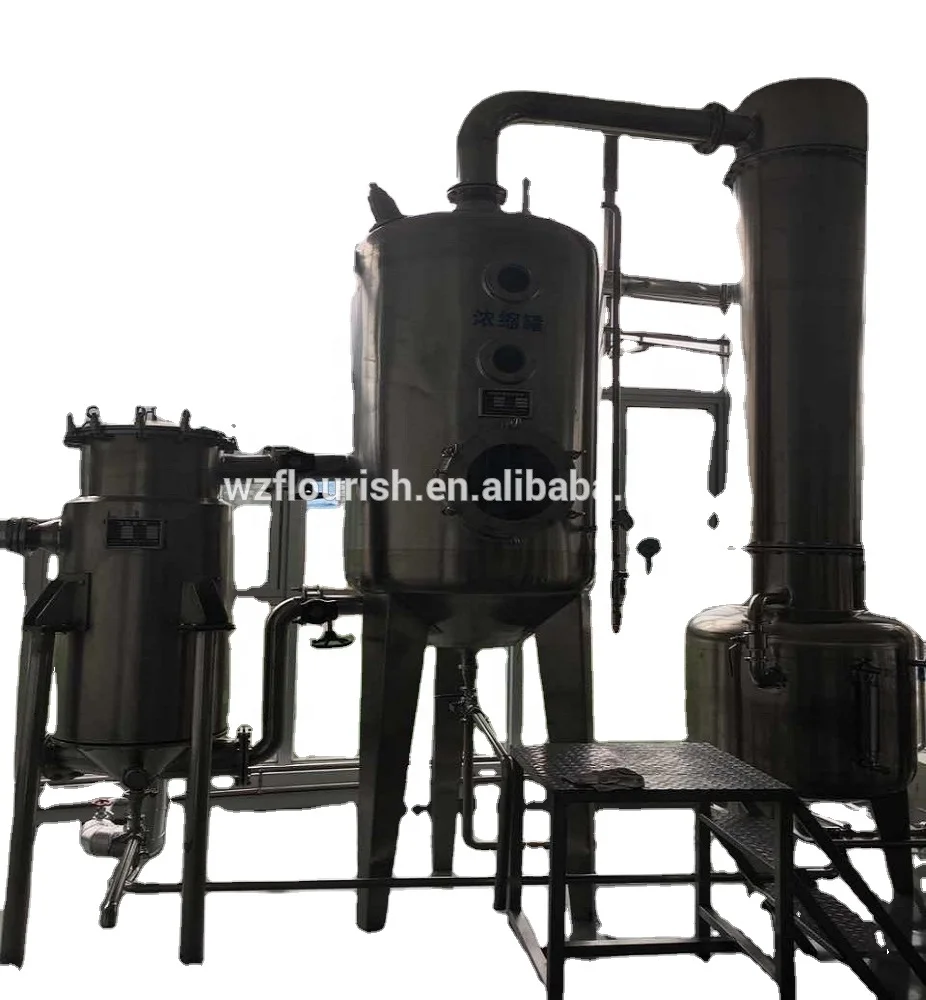
ABOUT
Wenzhou Vince Machinery Science Co., Ltd. was established in early 1980s. Our company covers an area of 6500 square meters and is an independent legal representative firm, possessing rich economic technology strength. Our company is a high tech enterprise and plays an important role in national dairy, foodstuff, pharmacy and machinery industries. We are a beverage machinery supplier.
Since the establishment, our company has mainly engaged in dairy products, foodstuff, beverage machinery, bean products, yellow wine, medicines and fermentation projects. What's more, our company supplies a complete sequence services in manufacturing, installation, test and personnel train, as well as the whole direction service design and consulting service on product project construction or enlargement artistic distribution engineering sets budget.
Modern Pasteurizing Tank Technology Trends
Improved Temperature Control and Monitoring
Precise temperature control is paramount in pasteurization. Modern tanks incorporate sophisticated sensors and control systems, providing real-time monitoring and data logging. This eliminates the guesswork associated with older methods, ensuring consistent pasteurization across the entire batch and minimizing the risk of under- or over-processing. Advanced algorithms automatically adjust heating and cooling cycles based on product characteristics and desired outcomes, maximizing efficiency and product quality.
Furthermore, the integration of cloud-based platforms allows for remote monitoring and data analysis. This facilitates predictive maintenance, alerts operators to potential problems, and provides valuable insights for process optimization across multiple pasteurization units.
Automation and Reduced Labor
Automation is another significant trend. Modern pasteurizing tanks often feature automated cleaning-in-place (CIP) systems, reducing manual labor, improving sanitation, and minimizing downtime. These automated systems ensure thorough cleaning and sanitization, crucial for maintaining hygiene standards and preventing contamination.
Beyond CIP, automation extends to other aspects of the pasteurization process. Automated filling, emptying, and temperature adjustments minimize human intervention, leading to greater consistency and reduced operational costs. This contributes to increased production efficiency and reduced human error.
Energy Efficiency and Sustainability
The food industry is increasingly focused on sustainability. Modern pasteurizing tank technology plays a crucial role by incorporating energy-efficient designs and processes. Improved insulation, optimized heat exchangers, and advanced control systems minimize energy consumption, reducing the environmental impact of pasteurization.
Furthermore, innovative technologies like heat recovery systems capture and reuse waste heat, significantly reducing overall energy usage. This aligns with the industry's commitment to minimizing its carbon footprint and improving its environmental performance.
Enhanced Process Optimization and Data Analytics
Modern pasteurizers are equipped with advanced sensors and data acquisition systems, providing real-time data on temperature, pressure, flow rate, and other crucial parameters. This data is then used to refine the pasteurization process through sophisticated data analysis techniques.
The application of machine learning and artificial intelligence algorithms allows for continuous optimization of the process, identifying areas for improvement and fine-tuning parameters to maximize product quality, yield, and efficiency. This data-driven approach enables proactive adjustments, leading to substantial cost savings and improved overall operational performance.
SUBSCRIBE
INQUIRY





